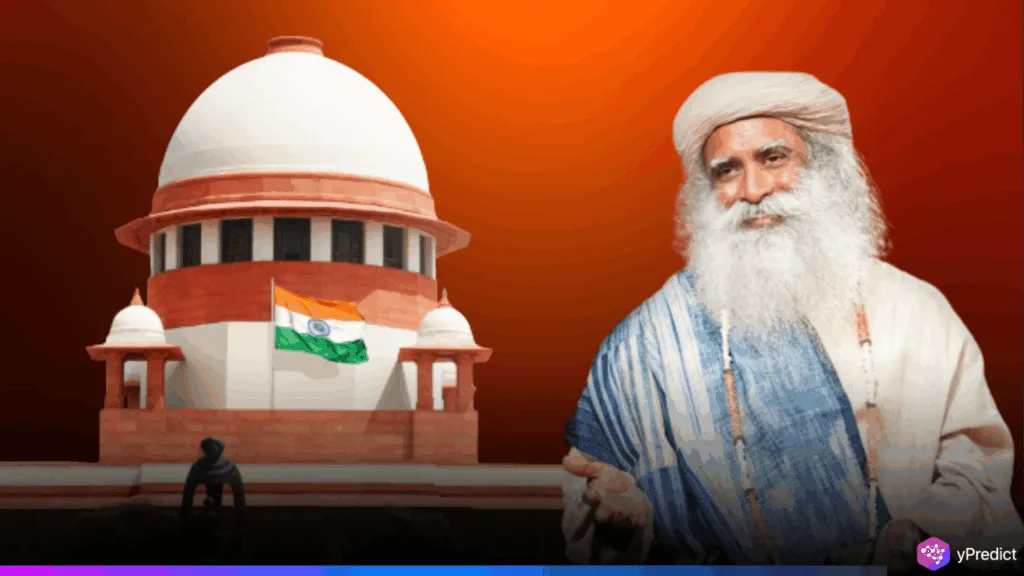
Spiritual leader and Isha Foundation founder Sadhguru Jaggi Vasudev has petitioned the Delhi High Court to shield his name and image from AI identity misuse. He claims unapproved websites and platforms are using AI to produce false information, violating his personality rights. Additionally, Sadhguru called such actions a type of digital fraud and warned that they are misleading the public, calling for their removal.
How Are Courts Responding to AI Identity Misuse?
The hearing was presided over by Justice Saurabh Benarjee. Sadhguru’s legal team argued that his public persona is being exploited through AI identity misuse to promote unrelated products. The case highlights a growing problem involving generative AI tools. Since these tools are being used to alter the names and images of public figures without their consent.
The counsel for Google responded that any impacted party must report exact URLs before action can be taken by intermediaries. However, Sadhguru’s advisor stressed how hard it is to monitor pervasive cases of deepfake content. He emphasized this, particularly in the case of large-scale production and distribution of AI-generated content.
AI Identity Misuse Threatens Public Figure Integrity
Sadhguru explained how such deepfake content erodes trust and damages reputation. One example is the book Garbh Yatra, which falsely features him. His reputation causes people to unintentionally fall for misleading advertising and believe such content. The spread of this trend demonstrates how vulnerable public figures are to AI identity misuse.
However, this is not Sadhguru’s first legal action. In March 2025, the Delhi High Court ordered websites to remove videos that were derogatory to his Isha Foundation. The court stated that reputation must be protected from harm caused by technology since it is a component of personal dignity.
Additionally, he posted online posts and screenshots that misrepresented his teachings by using AI-generated videos and manipulated messages. These resources were created with generative tools and have been shared extensively on various platforms. The court acknowledged that the right to free speech must be defended against deepfake content.
Personality Rights Face New Age Legal Test
The Delhi High Court is expected to issue an interim order shortly. It has been recognized that when AI identity misuse results in serious public deception, immediate protection is required. Additionally, the case may set a precedent for the handling of digital impersonation cases in India.
Experts believe that the rise in AI-generated media makes it essential to revise laws surrounding personality rights. As more of these cases come up, courts might need to create faster takedown mechanisms and special protocols. Presently, the ruling in Sadhguru’s case could influence India’s legal approach to deepfake content and online identity theft.
Courts May Set New AI Boundaries
As AI tools become more powerful, the risks of AI identity misuse are increasing. Sadhguru’s case has highlighted how urgently regulation is needed. Legal clarification on safeguarding personality rights against digital manipulation is anticipated shortly due to the Delhi High Court’s impending interim order. Therefore, this case might mark a turning point in the development of safeguards against deepfake content and misleading AI-driven promotions.






